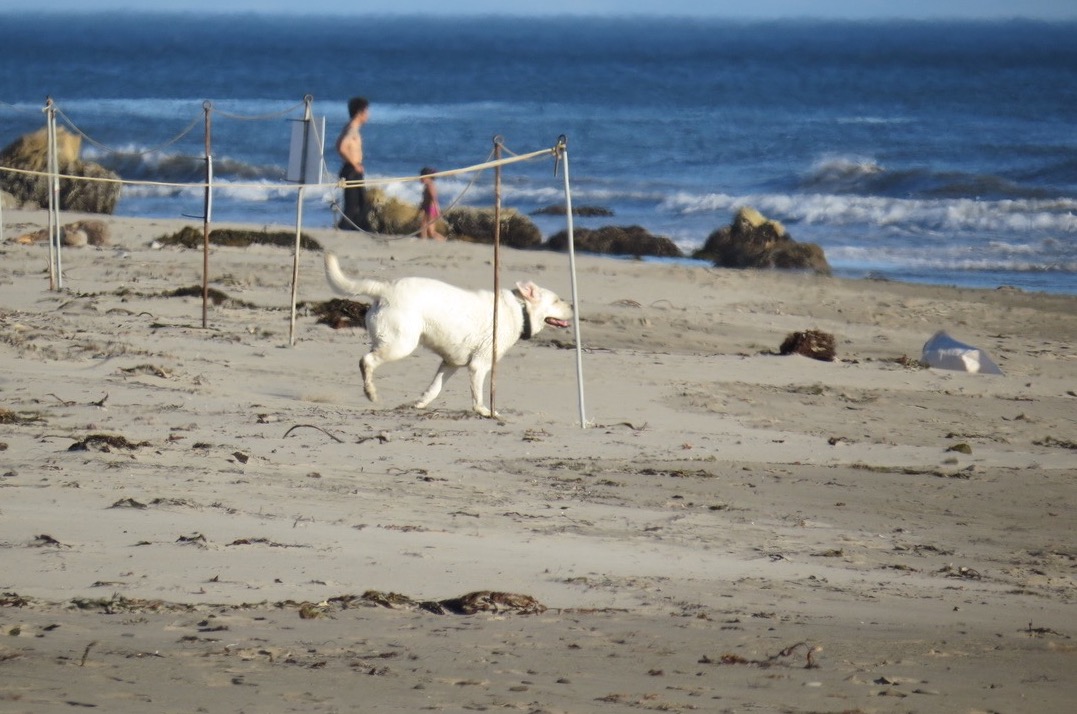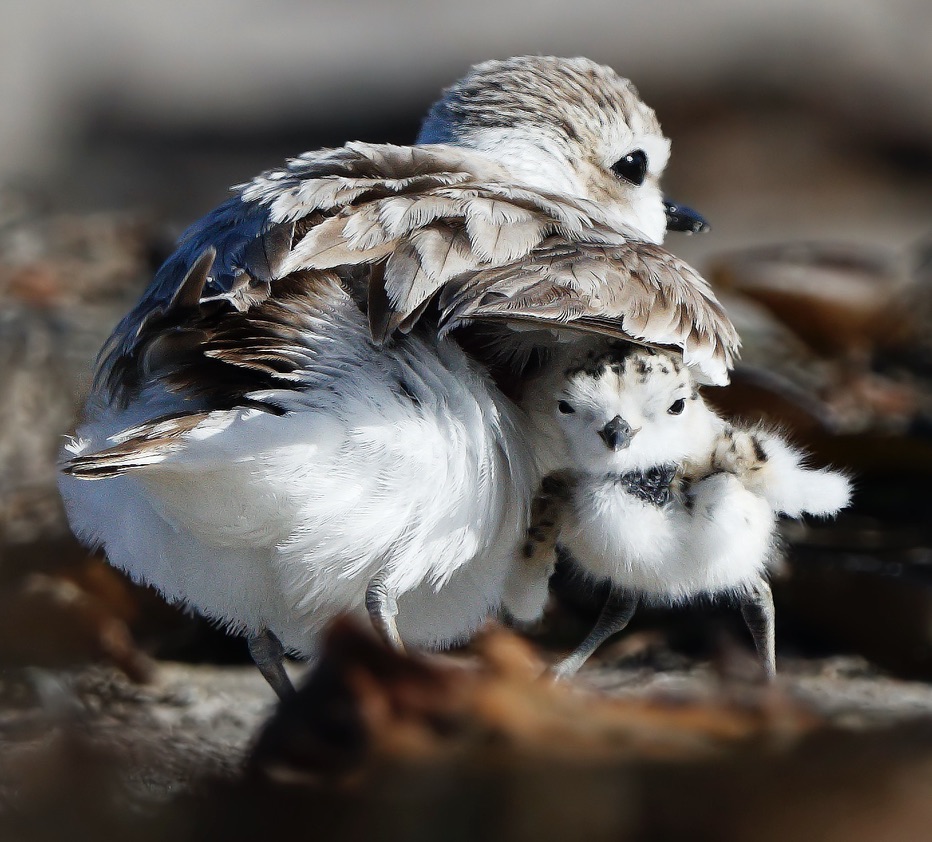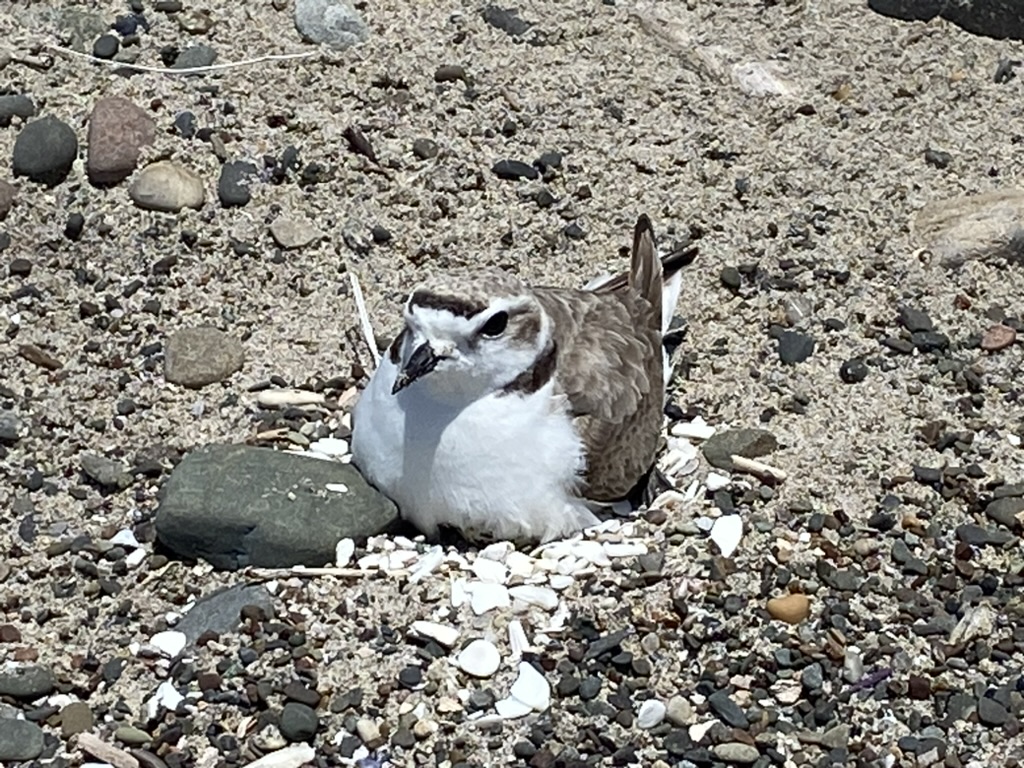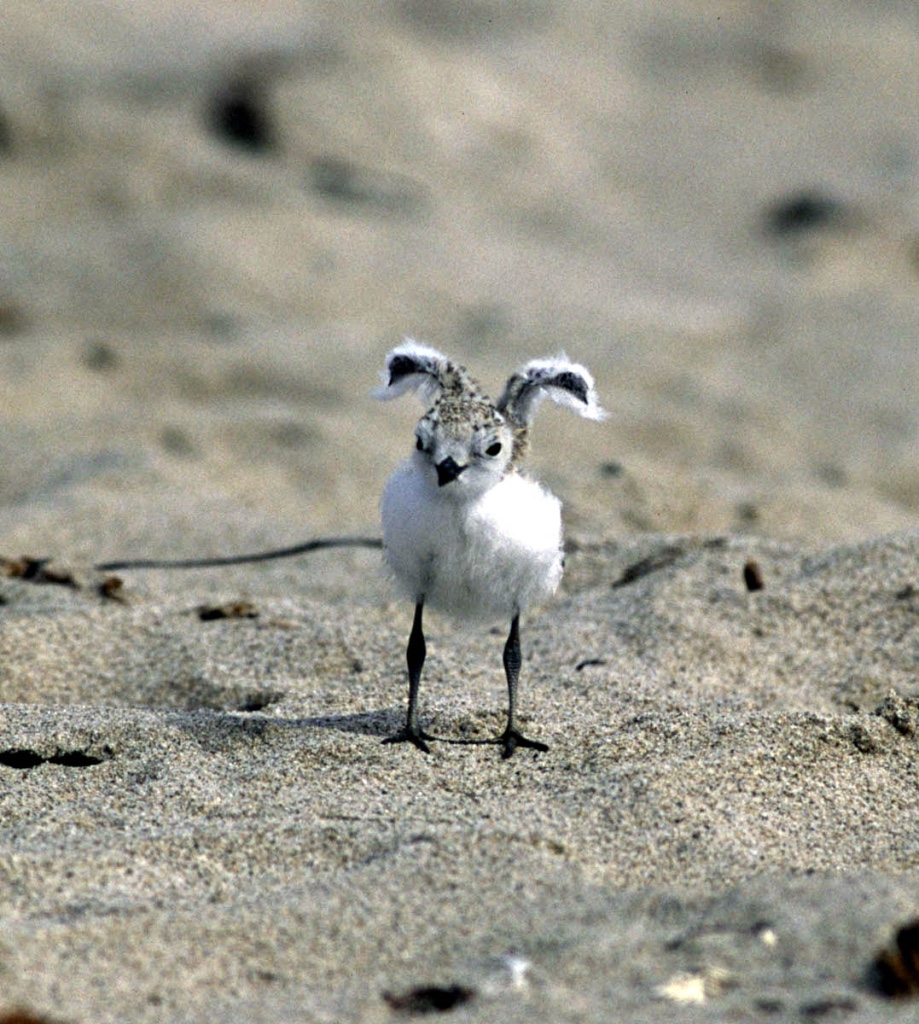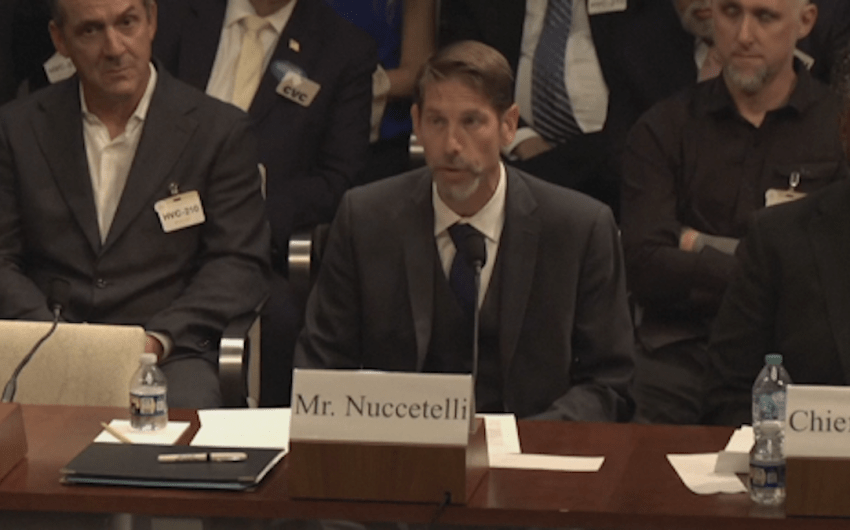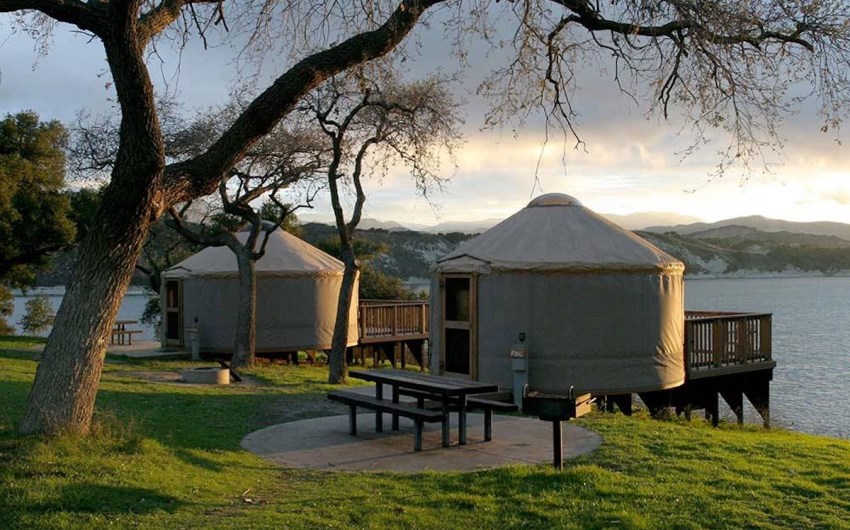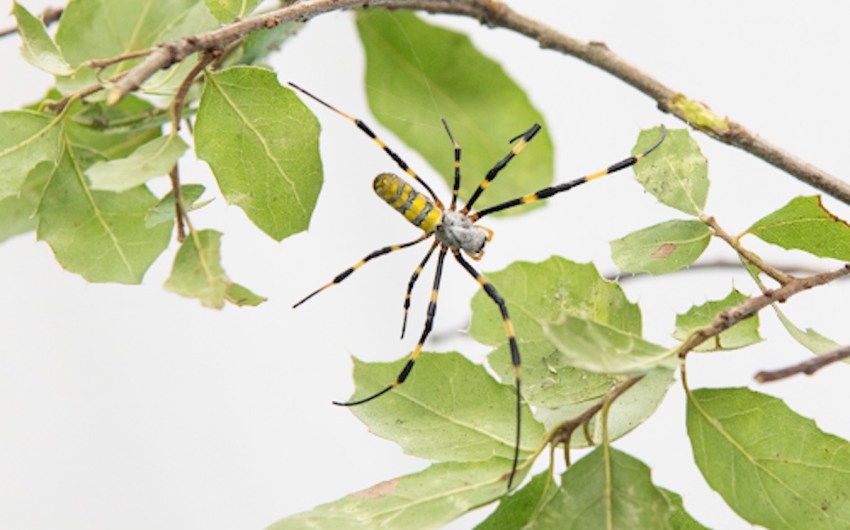After more than 20 years of trying to make a relationship work, UCSB’s Coal Oil Point Reserve is breaking up with dog walkers. Beginning Thursday, March 29, dogs will be prohibited on Sands Beach, which stands on the west side of the reserve near Isla Vista and hosts protected habitat for threatened western snowy plovers.
The small white-and-brown shorebirds nest on the dunes next to the beach’s popular tide pools and walking trails. And flightless plover chicks look like stuffed toys that run around squeaking — can you blame a dog for going after one?
“You can pick them up and hold them in your hand, so you can imagine how vulnerable they are,” said the reserve’s director, Cristina Sandoval.
Due to the plovers’ threatened status, it is illegal for people or their pets to harm them. And the reserve’s leash law just wasn’t cutting it. For it to work, they needed full compliance from dog walkers but fell short with only 60 percent of walkers leashing their pups.
A policy to ban dogs in the entire reserve, including Sands Beach, was approved in 2017 but stalled by the pandemic. Now, ahead of this year’s breeding season from March to September, the rule is going into effect. “To be honest, it’s way overdue,” Sandoval said.
Though dogs were only observed killing four chicks from 2001 to 2023, Sandoval emphasized the challenge of constant supervision and suggested that four dead chicks are still four too many. If dogs keep harassing the birds, it could prompt intervention from the Department of Fish and Wildlife, potentially leading to the beach’s closure.
Additionally, recent data shows that plovers have reached a “recovery plateau,” so it is a good time to see what else can be done to bring their numbers up, Sandoval explained.
“It’s important to remember that Coal Oil Point Reserve is a reserve,” she added. “This kind of habitat conservation is a priority over recreation — not to say we should close the beach. We don’t want to do that.”

